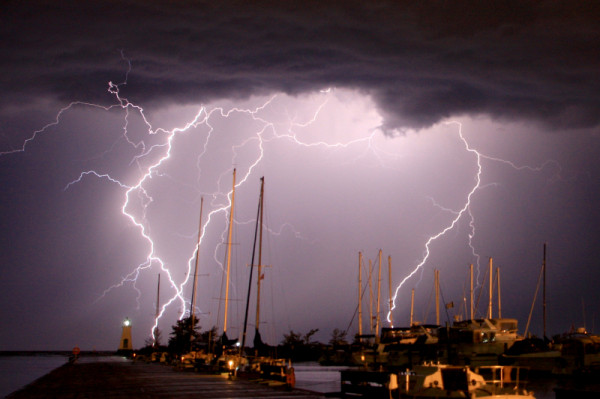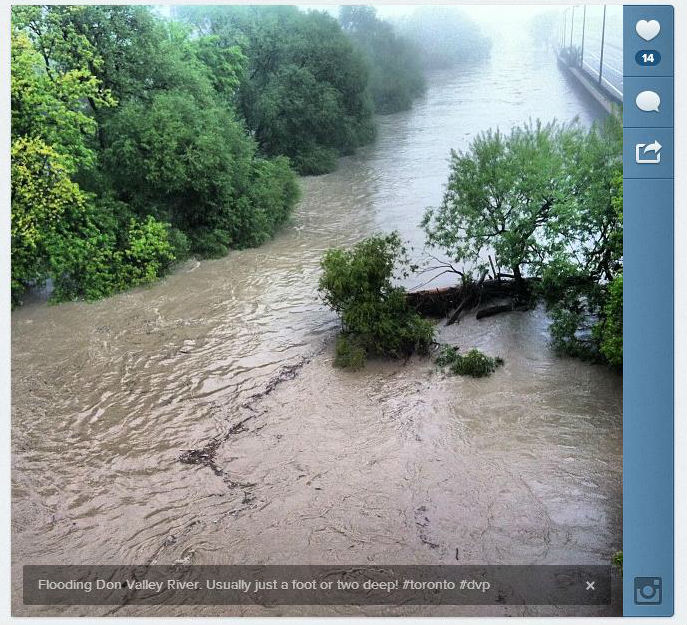Why bad weather keeps me up at night
Written by: Donna Ince, SVP of Personal & Commercial Insurance at RSA
For some, bad weather used to be something that put a damper on summer vacation plans – an inconvenience during picnics in the park.
But after the catastrophic disasters of 2013 that saw flood waters wipe out communities and ice storms leave families in the dark for days, and with Manitoba declaring a state of emergency due to flooding just last week, it’s increasingly become something that keeps me up at night.

The bad weather of 2013 was historic, costing a staggering $3.2 billion in insured losses in Canada alone.
My industry is designed to anticipate risks and their impacts. Based on that information we develop products that protect our customers from those risks. Today, despite all the advances in technology, the ability to predict weather remains immensely challenging, especially as we face more volatile and unprecedented events.
The combination of economic and urban growth along with the impacts of climate change repeatedly puts us in positions where we are more vulnerable to severe weather patterns. We have no choice but to tackle the problem head on – with innovative solutions.
Insurers may be one of the first industries to experience the direct impact of climate change through weather-related losses, but it’s a problem we must all work together to solve because none of us will be spared its consequences.
We have spent a lot of time this year educating our brokers and customers on how to protect themselves from water damage brought on by severe weather. While a growing number of Canadians are taking great pride in creating upscale, finished basements, it only makes sense to protect that investment from risk of water damage. But we can go a step further by also helping to protect the environment.
Investing in backwater valves can help keep your basement dry and new hot water tanks and sump pumps can improve energy efficiency while reducing the risk of flooding and water damage. Connecting a rain barrel to the downspout can divert water away from your foundation or basement windows while enabling homeowners to reuse it for irrigation – helping the environment and your wallet. These are simple actions that have big benefits.

But responsibility doesn’t just fall to homeowners alone. We need action at all levels from government, business and NGOs and individuals. High volumes of water will continue to plague municipalities. Better investment in storm water management, sustainable drainage systems and urban infrastructure and design only makes sense.
Wetlands, ponds, green roofs, permeable paving and urban river restoration are all part of the solution. We are seeing more municipalities, conservation authorities and other bodies coming up with unique ways to build more climate-smart communities and we need to continue down this path.
Taking the right actions now will protect our future. It also has benefits for today: Canadians are able to spend more uninterrupted time enjoying all of the space in their homes, from the top to the basement refuge. The peace of mind that comes with that will allow us all to sleep a little easier at night.
